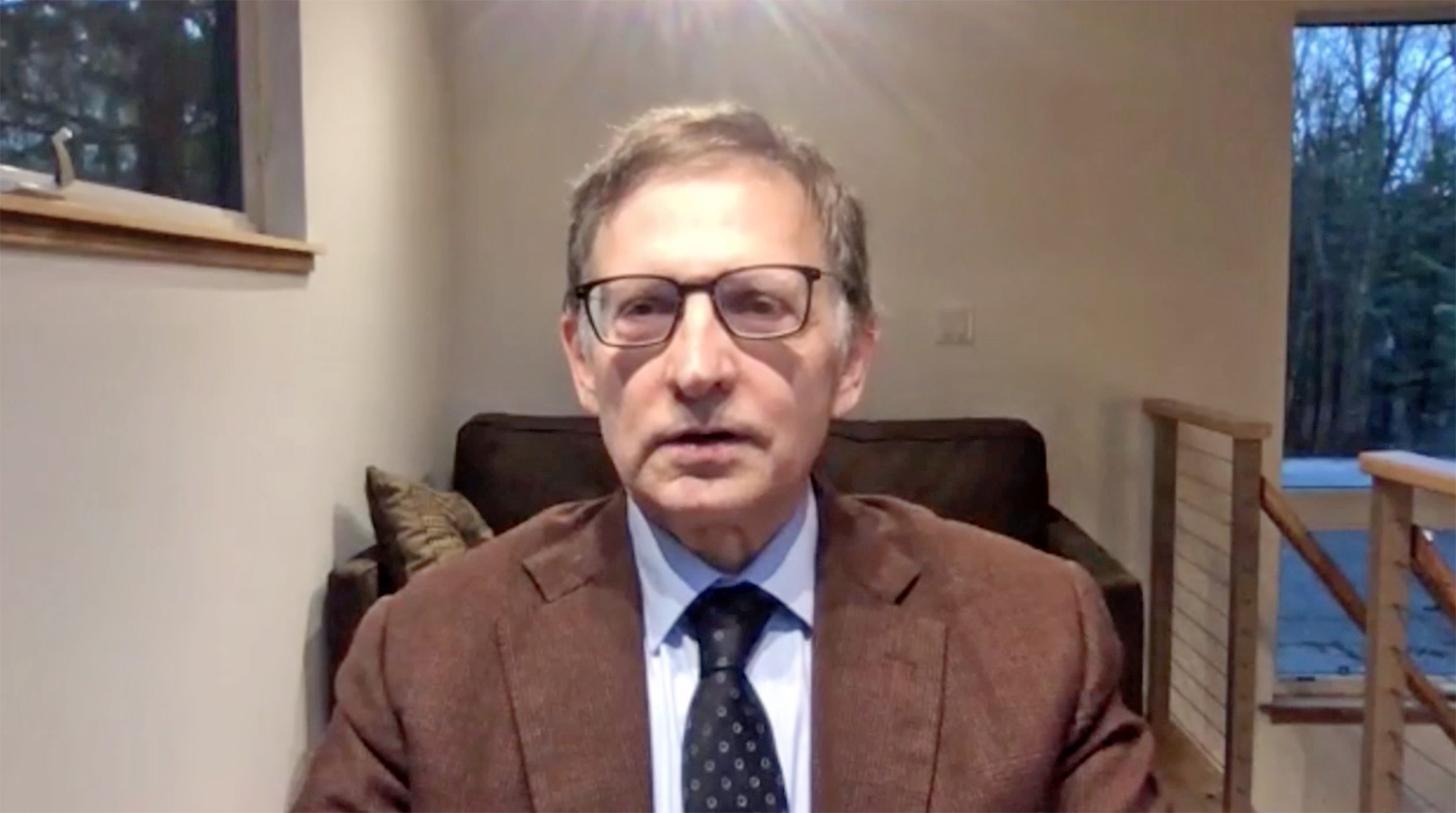The Lessons of COVID-19
The current coronavirus pandemic has exposed long-standing underlying global issues, notably climate change, food security, and the viral dissemination of misinformation. Climate change and temperature fluctuations can displace animals as well as insects, causing them to adapt for survival. This adaptation can be biological, migratory, or both and begins a chain reaction of animals and/or insects interacting with each other as well as humans in new situations. Such interactions can have an increase in food security risk (such as infections in tilapia and salmon populations) and an increase in the consumption of bushmeat (typically from wet markets), both of which expose humans to new diseases like COVID-19. As living things grow closer together on the planet, our increased interconnectedness via the Internet also promotes an environment for things to “go viral." This allows for faster communication of information, but this can cause significant damage if a false statement is released and is subject to widespread sharing. While this speed of information allowed for scientists globally to begin working on treatments earlier than ever before, misinformation can cause irreparable damage to global public health (such as unfounded statements that 5G wireless networks are responsible for the current pandemic). Now is the time to examine the global picture and learn from our experiences with COVID-19.
Address
United States
